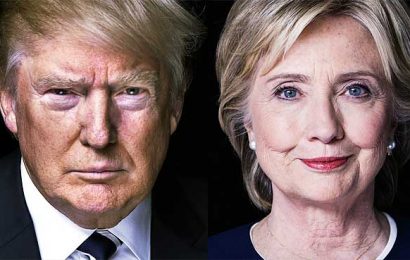National conversation on voters’ information privacy has been triggered after Donald Trump’s commission did not get access to all the information they asked for due to strict state laws
The core of the issue is a letter that was sent by Kansas Secretary of State, Kris Kobach, in which he requested all “publicly available” data; however, the requested information also included sensitive information such as the last four digits of the Social Security numbers, which very few states can legally comply with.
In the same letter, Kobach wrote that the commission seeks to collect feedback from the states, in order to use it to further study the US election system’s integrity. However, the request for information such as the last four digits of the Social Security numbers, military status, felony convictions and birth dates immediately raised the concerns of the states, as well as privacy experts and cybersecurity professionals.
As expected, a privacy group sought to block the request in court; both the federal government and Kobach said in their defense that they are aware of the fact that each state is governed by their own laws when it comes to what information they can provide.
In a statement released on Wednesday, Kobach said that 20 states will provide public information, 16 are still reviewing their options, while 14 and DC have said a clear no.
“Despite media distortions and obstruction by a handful of state politicians, this bipartisan commission on election integrity will continue its work to gather the facts through public records requests to ensure the integrity of each American’s vote because the public has a right to know,” Kobach said.
Even so, states and privacy experts are still concerned by the request, and say that how the data is intended to be used is just as important as the entire discussion regarding the laws.
Voting Information – Is It Public?
In general, states consider the names and addresses public information, as well as whether they have voted in the previous elections, and what party they have registered with.
On the other hand, how a person actually voted is never recorded.
However, from this point it can get complicated. This is because every state has different laws regarding how that information can be used and requested. There are some states that post the information in an online database, while others have tighter restrictions.
For example, some states consider the last four digits of the Social Security Number and birth dates public, while others tag it as confidential.
“Voters in most states should feel very confident that at most their name and address is part of their public voter file, and they should feel good that states are being careful custodians of their data to make sure that sensitive information doesn’t get out. The reason is because political campaigns, the candidates, want to be able to reach out to voters and talk to them, so it’s for no nefarious reasons they’re available, it’s for good reason.” said David J. Becker, executive director of the Center for Election Innovation and Research



